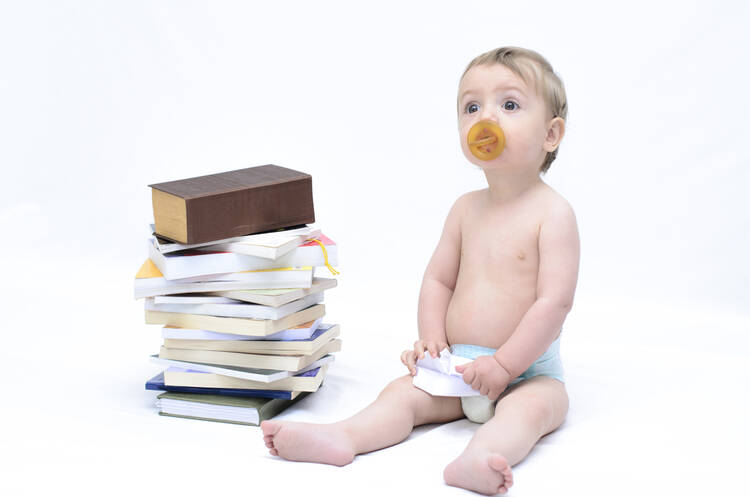A few months ago Peggy Noonan at the Wall Street Journal commented on the "trigger-happy generation," by which she meant young men and women (college students, mainly) who felt offended or afraid by certain works of literature, such pieces being labeled "triggers." In Noonan's words:
Readers know of the phenomenon at college campuses regarding charges of “microaggressions” and “triggers.” It’s been going on for a while and is part of a growing censorship movement in which professors, administrators and others are accused of racism, sexism, homophobia, classism, gender bias and ethnocentric thinking, among other things. Connected is the rejection or harassment of commencement and other campus speakers who are not politically correct. I hate that phrase, but it just won’t stop being current.
She continued: "Masterpieces, by their nature, pierce. They jar and unsettle. If something in a literary masterpiece upsets you, should the masterpiece really be banished? What will you be left with when all of them are gone?"
Writing along the same lines, more recently, is Caitlin Flanagan, who in the current issue of The Atlantic expresses amazement at the way that today's college students are catered to and coddled so that they are saved from something that might be offensive. Reflecting upon her attendance at the National Association of Campus Activities, she noted:
When I attended the convention in Minneapolis in February, I saw ample evidence of the repressive atmosphere that Rock and Seinfeld described, as well as another, not unrelated factor: the infantilization of the American undergraduate, and this character’s evolving status in the world of higher learning—less a student than a consumer, someone whose whims and affectations (political, sexual, pseudo-intellectual) must be constantly supported and championed. To understand this change, it helps to think of college not as an institution of scholarly pursuit but as the all-inclusive resort that it has in recent years become—and then to think of the undergraduate who drops out or transfers as an early checkout.
I haven't spent time on college campuses recently, and this story makes me wonder: To what extent are Flanagan and Noonan right? Has there matured in many (if not most) universities an implicit right not to be offended, not to be provoked—a right not to have one's feelings hurt? What do readers make of Flanagan's critique of the "infantilization of the American undergraduate"?








